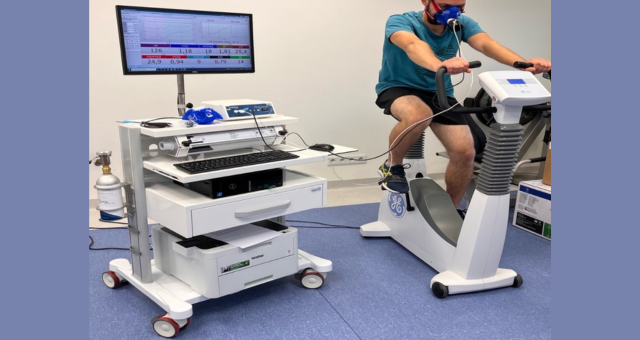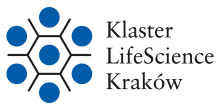
The subject of this invention is the use of designed multifunctional ligands (DML) with the inhibitory effect of phosphodiesterase type 10A (PDE10A) and binding to the serotonin 5-HT1A / 5-HT7 receptor, which may have a beneficial effect on the improvement of cognitive functions in the course of depression, anxiety, and schizophrenia.
What problem is solving
Stress and depression contribute to the weakening of cellular immunity. This is due to several mechanisms causing impairment of signal transmission pathways in neurons. Impairment in signal transduction was also found to be the likely basis of decreased plasticity and survival of neurons in major depressive disorder. Despite numerous studies showing the downregulation of many components of the cAMP signaling cascade in major depressive disorder, there are only a few reports in the literature regarding the potential role of PDE10A in depression.
In addition, it has been shown that the pro-cognitive action of the PDE10A inhibitor may be important in the treatment of several neuropsychiatric and neurodegenerative disorders including schizophrenia, obsessive-compulsive disorders, Huntington's and Parkinson's diseases, and addiction-related disorders. PDE10A has also been identified in the hippocampus and is believed to play an important role in cellular processes related to memory and learning. It seems that PDE10A inhibitors may be a new therapeutic strategy in the treatment of neuropsychiatric and neurodegenerative disorders.
Construction and operation
The compounds being the subject of the presented solution were designed using computer-aided molecular modeling tools. Their structures are based on the compound PQ-10, which is a strong PDE10A inhibitor. It has been shown that the presented compounds act on serotonin 5-HT1A and 5-HT7 receptors.
commercialization
The invention is protected by a Polish patent application with the possibility of extending its protection on an international scale (priority date: 2020-05-20).
Currently, the CITTRU Technology Transfer Center is looking for entities interested in purchasing or licensing the technology described above.
With the help of standardized in vivo tests (tests on mice), it was shown that the presented compounds have an effect:
- antidepressants;
- procognitive;
- anxiolytics;
- antipsychotic. 
informacja / kontakt broker Uniwersytetu Jagiellońskiego

























